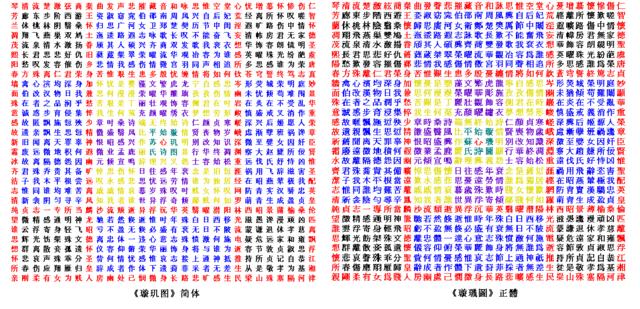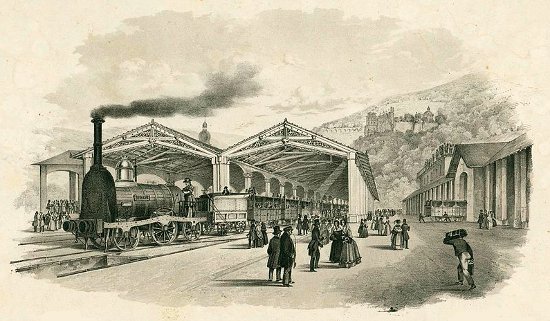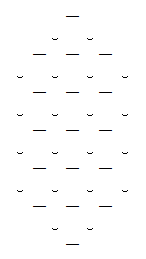A poem on transubstantiation by Luis de León, quoted by Robert Southey in Letters Written During a Short Residence in Spain and Portugal:
If this we see be bread, how can it last,
So constantly consum’d, yet always here?
If this be God, then how can it appear
Bread to the eye, and seem bread to the taste?
If bread, why is it worshipp’d by the baker?
If God, can such a space a God comprise?
If bread, how is it, it confounds the wise?
If God, how is it that we eat our Maker?
If bread, what good can such a morsel do?
If God, how is it we divide it so?
If bread, such saving virtue could it give?
If God, how can I see and touch it thus?
If bread, how could it come from heav’n to us?
If God, how can I look at it and live?



